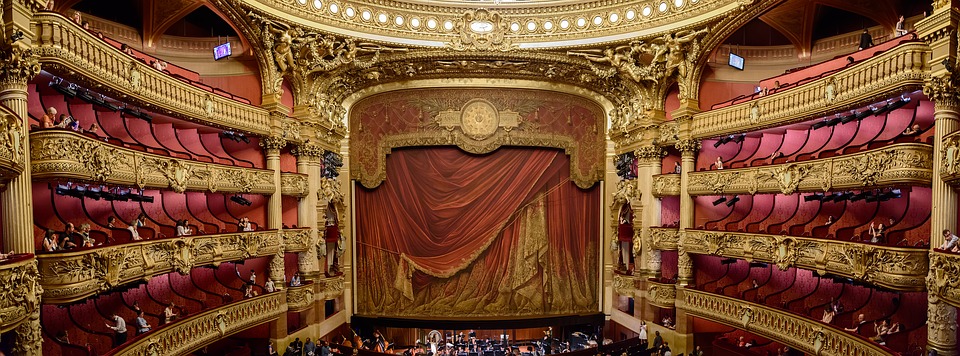
We gather together to ask the Lord's blessing, to hasten and chasten our will to partake of turkey and the fruits of the field as we imagine the Pilgrims did at their first Thanksgiving in 1621. We actually know little of their menu, and it may not please the traditionalists or the squeamish to learn that the early settlers were also keen on dining on swan, crane and even eagle.
Legend mixes with changing culinary tastes through the ages to determine what's for dinner on Thanksgiving Day. It's fitting to serve a variety of dishes to suit different attitudes, cultures and moral poses. Appeals to diversity are not unique to the 21st century. Thanksgiving tables have always been inclusive of the tastes of the most recent immigrants, expressing their appreciation for ancestral tradition as well as taking pleasure in the melting pot they join in America.
What may be unique today is the dogmatism of diversity. We usually think of diversity as opening up minds to different tastes, different traditions and different ideas, but contemporary attitudes often turn diversity into a decree. Political correctness, which has so mangled discourse in the media, in the workplace and on the college campus, is both condescending and patronizing toward others. It suggests that half of our countrymen need to be constantly tutored in the right way to think, talk and act, and the other half are to be coddled and protected rather than required to think for themselves.
We're not even talking about the irredeemable "deplorables" that Hillary Clinton made up, or the "whitelash" electorate coined by a CNN reporter looking for prejudice against a black president in campaign rhetoric. "Safe spaces" have been created on campuses across the land to assuage the feelings of young adults who can't deal with how the numbers in the Electoral College came out differently than the numbers they preferred. Such young men and women, who once would have been looked at as future leaders, are now indulged with Legos, Play-Doh, coloring books and videos of puppies to distract them from the anxiety and fear in the real world.
The Chutzpah Award of the year, if not the Tony Award, must go to the actors of the rap musical "Hamilton" who broke through the fourth wall to explain to Vice President-elect Mike Pence how he should interpret what he had just watched and heard onstage. "We, sir, are the diverse America who are alarmed and anxious that your new administration will not protect us, our planet, our children, our parents or defend us and uphold our inalienable rights," actor Brandon Victor Dixon said, with the approving cast lined up behind him. (This recalls Barbara Walters' famous plea to President Jimmy Carter as she concluded an interview just after he was elected more than four decades ago — "Please be kind to us, Mr. President.")
It's sad that the actors didn't have confidence in their work to let the magic of a wonderful Broadway show weave its spell after the finale and rather felt it necessary to undercut a dramatic and uplifting appeal with a mere protest. Pence nevertheless showed gentlemanly grace in response, praising the play.
It's particularly ironic that the actor who delivered the protest played Vice President Aaron Burr, who killed Alexander Hamilton. In the drama as in the history books, Burr was clearly a bad man. His advice to Hamilton was sly and devious, as scripted in rhyme early in the musical: "Talk less. Smile more. Don't let them know what you're against or what you're for." Whatever angry feelings toward Burr lingered in the audience had to be overcome quickly for it to empathize with the actor who spoiled the magic with the bizarre curtain call.
That's too bad. When I saw "Hamilton," there were such good feelings from watching a talented, multiracial, multicultural cast sing and dance about the Founding Fathers that I thought it would inspire pride in how the American democracy was established. Who needs to know what the actors think when they slip into the identities of the characters onstage? Or, as Shakespeare's Hamlet says, "The play's the thing."
Alas, we live in contentious times, where theater and politics overlap, sometimes for better and often for worse. When Mike Pence walked into the theatre with his family, he heard boos and cheers, signaling that the audience recognized him and wanted him to hear what they thought. He later recalled telling his daughter, "That's what freedom sounds like" — a needed note of grace in a wounded Thanksgiving season.
Comment by clicking here.


 Contact The Editor
Contact The Editor
 Articles By This Author
Articles By This Author